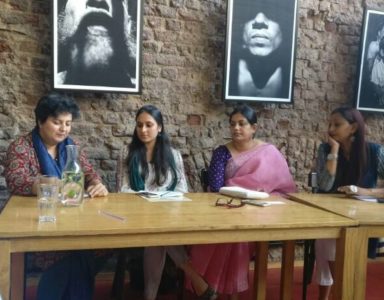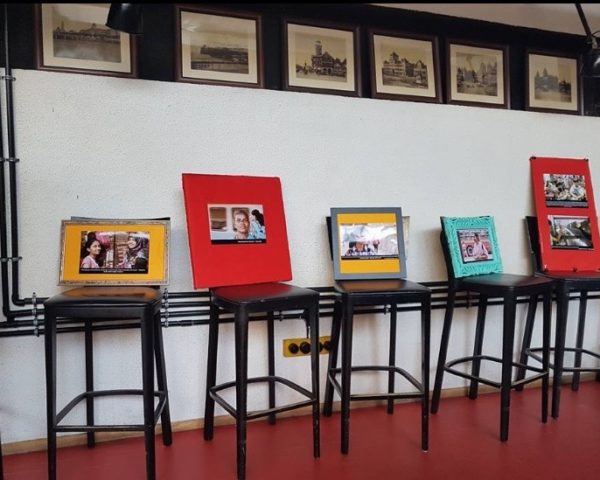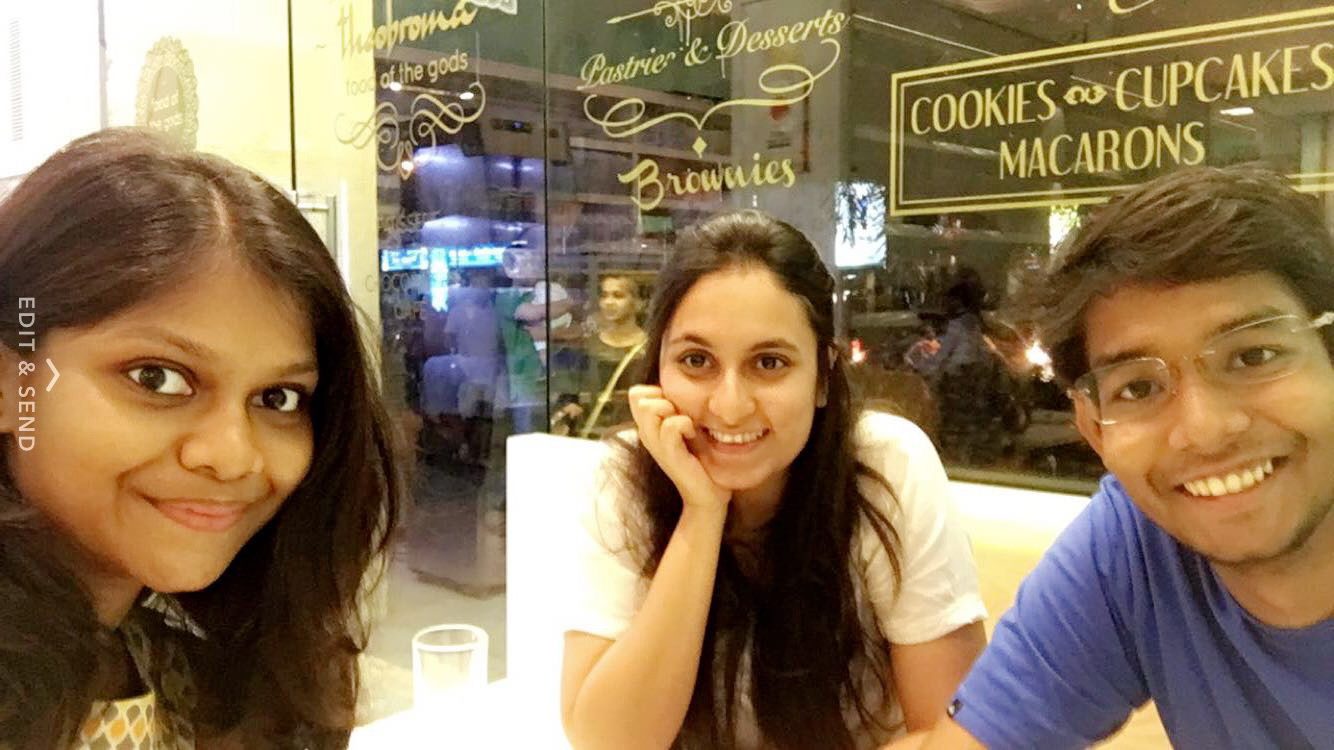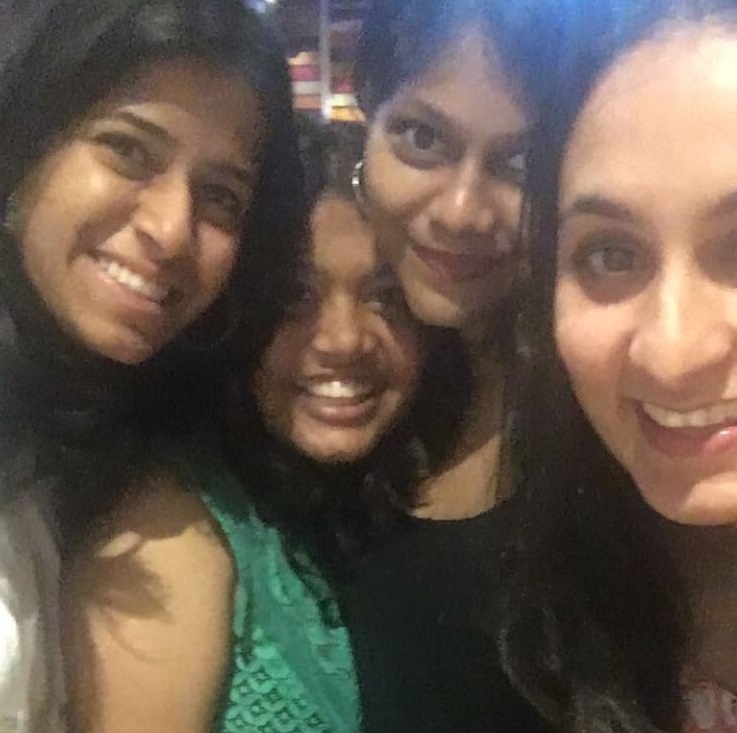Know Our Team- Witnessing Change in Action
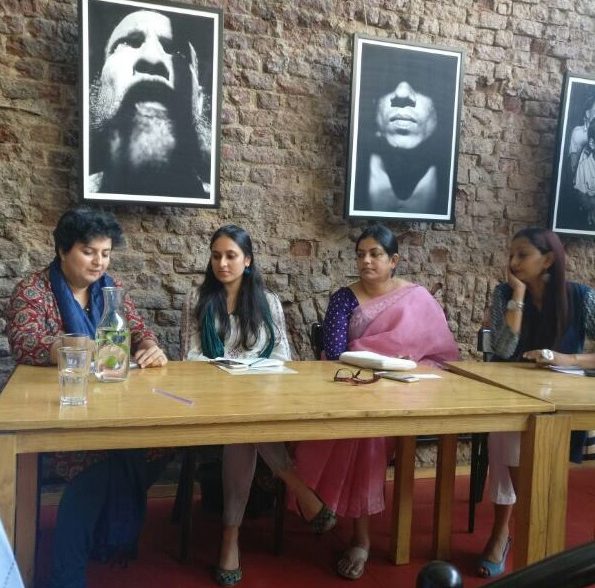
Know Our Team is a series that attempts to bring to you the stories of our team, share our experiences, why we do what we do and special moments that have left an indelible mark in each of our lives.
Devina Buckshee is the Program and Outreach Officer at Safecity. She is a recent MA (hons) graduate of Sociology and International Relations from the University of Edinburgh. She is deeply interested in academic research and public policy, specifically gender mainstreaming and development related work. As an intersectional feminist and writer, she believes in bringing her skills of ethnography, journalism and documentation to give a voice to the people who need it most. In the past, she has worked on projects with refugees in Scotland (http://www.livedprojects.org//, https://refuweegee.co.uk/) and Germany, and with the Godrej India Culture Lab in Mumbai. She is also a huge animal lover and enjoys travelling with her dog Chaos.
Know Our Team- Witnessing Change in Action
I have always been deeply concerned with issues of development and human rights, especially when looked at from an inter-sectional gendered lens. My experience working with asylum seekers in Germany and refugees in Scotland has cemented my determination to work in the humanitarian sector. I am a firm believer in the power of dialogue, and I hope most to give a platform to unheard, silenced voices. My work with Safecity, especially my fieldwork, has enabled me to do just that, shine a light on the great but often ignored work already being done by the youth and girls in our city. Fostering dialogue and growing together with the communities I engage in has been exciting and full of positivity.
One of my most memorable experiences with Safecity was creating my first public event and exhibition: ‘Reclaiming public: Challenges in local transport‘.
In my studies in Edinburgh, I published a master’s thesis entitled ‘Wandering Women: An exploration of femininity and mobility in the constructions of gendered public space in urban, metropolitan India’. This was focused on reclaiming the right to fun, and urging a conversation on rights and leisure rather than one couched in protectionist, sexist notions. Our event was an extension of this, as we wanted to deconstruct the crucial linkages between the freedom to travel and roam, and gendered violence. We had a thought-provoking panel with Adv.Audrey D’mello and Dr.Shilpa Phadke, whose work inspired my dissertation just a year ago. It felt wonderful to know that the ideas that spiralled out of my university work were being channelled and worked on in my professional career as well. Co-creating the exhibition series, with my friend and former colleague Ojas Kolvankar, was both a steep learning curve and a powerful reminder of the power of possibility. We discovered untold stories of everyday resistance and harassment from gender and sexual minorities, and saw the multitudes we all carry, often not by choice.
This idea of community engagement leads to the most rewarding part of my work at Safecity: on the field activities. I work with three communities in Mumbai, with two organisations, where I conduct workshops on sexual harassment awareness, safety and rights. I work primarily with the youth and girls, though I am looking forward to starting to work with boys and parents too. My girls are bright and questioning and silly and sweet and brave. They are my friends, just like me and you, and I have witnessed the ease with which pre-conceived notions and socially constructed divisions melt away when confronted with friendship and mutual appreciation. Working in these communities has deepened my belief in the importance of dialogue, diversity and equal opportunities. Hearing stories of resistance, kindness and bravery connects me back to the anecdotes from the exhibition and underlines the universal power of women to me. Of the young girls I teach, there are those who help their friends report harassment, those who talk to their parents about freedom and gender equality (this is a term some of the girls yelled out in glee when I came to teach a second time!), and those who tell me their brothers buy their pads, no worries. We play this game in almost all my communities (colleges and slums), it’s a word association game to loosen us up and bring out some base assumptions to the fore. I often see the word ‘boy’ associated with words like strength and protection, while ‘girl’ elicits responses of sweet and kind. I then ask them if they are not strong, and if boys are not kind. Within minutes I saw stereotypes melt away as we realized that all the genders have much more in common than we assume, and that everyone is not the same too. One day, in one of the communities I work in, we playing the same word association game and it lead to one of my best memorable little moments – the children and young women again had the words ‘boy’ and ‘girl’, and had coincidentally written ‘friend’ for both.
My days in the community, planning events, writing research papers or hanging out with my lovely team are filled with these little moments of joy, and that is a wonderful thing.


